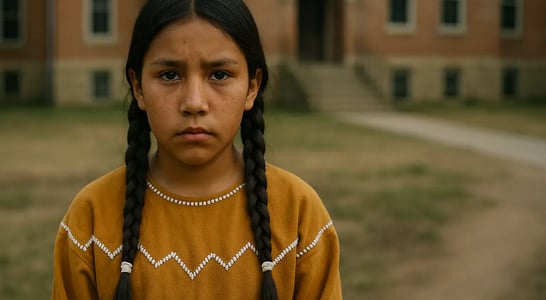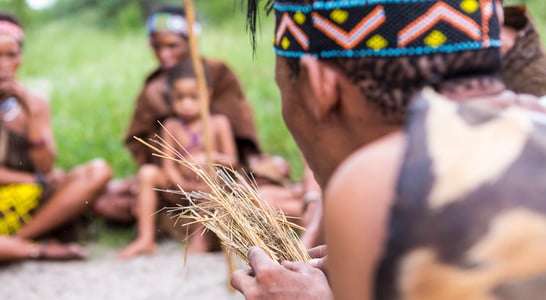
National Sovereignty and Children’s Day
Acknowledging the boundless capacity within each child to shape the world, society embraces their remarkable potential, fostering an environment that nurtures, inspires, and uplifts future generations.
Each year on National Sovereignty and Children’s Day, many customs and traditions are enjoyed. Children will often decorate their classrooms and schools with colorful balloons, flags and ornaments that they make. Celebrations might include outdoor events where school children participate in programs, performances, ceremonies and other activities. It’s tons of fun for people of all ages!
History of National Sovereignty and Children’s Day
This day can trace its history back to the early 20th century as it commemorates the founding of the Grand National Assembly of Turkey, which took place on April 23, 1920. This was the time when the Ottoman sultan was denounced and the nation sought to become a new independent state that was modern and secular.
The following year, on May 2, 1921, National Sovereignty Day was declared an official holiday by the Turkish government. Then, six years later, the idea for children’s day was added, making Turkey the first country in the world to declare a national holiday for children. Later, it was decided that the day would be officially renamed to be called “National Sovereignty and Children’s Day”. The nation of Cyprus also celebrates this as a holiday.
One fun activity that takes place on National Sovereignty and Children’s Day is that local and national politicians, including the president of the country, turn their positions over to children for the day. Although this is obviously only ceremonial, it is all done in good fun and recognizes the hope for the ways the children will be responsible for the government in the years to come.
When UNESCO declared 1979 to be the Year of the Child, some media companies in Turkey organized an International Children’s Festival to be celebrated on this same day. Starting with five countries, the number of nations celebrating this festival has expanded each year as a time for children to have cultural exchanges and learn about one another.
National Sovereignty and Children’s Day Timeline
1918
Turkish War of Independence begins
Following World War I, Turkey aims to gain independence from the Ottoman Empire. [1]
April 23, 1920
Turkish government is formed
Grand National Assembly of Turkey is founded to establish an independent Turkish government. [2]
1921
National Sovereignty Day is declared
The day is officially declared by the Turkish government.
1929
National Sovereignty Day is dedicated to children
The president declares that the children are the future and includes them in what becomes National Sovereignty and Children’s Day. [3]
How to Celebrate National Sovereignty and Children’s Day
Get on board with celebrating National Sovereignty and Children’s Day by engaging in some of these activities:
Learn More About Turkish Culture
One delightful way to celebrate National Sovereignty and Children’s Day might be to do a bit of research and discover some of the interesting aspects of Turkish history, traditions and culture. Check out some of these to get started:
-
Cleanliness is an important cultural value, including taking off shoes when entering a home, washing dishes immediately, and enjoying Turkish bath houses.
-
Tea is a vital part of Turkish culture, whether consumed at home or in local cafes and restaurants, on special occasions or just every day.
-
Older people carry a great deal of respect in Turkish culture, and family is especially important.
Visit Turkey for National Sovereignty and Children’s Day
Get immersed in the culture of this day by planning a visit to Turkey in honor of National Sovereignty and Children’s Day. Book those tickets to Istanbul or Antalya and then pop into some of the local celebrations in the cities or towns to see exactly what this day is all about! Turkey has a wide range of things for tourists to see and do, including museums, mosques, Roman ruins and so much more.
National Sovereignty and Children’s Day FAQs
Which countries celebrate National Sovereignty and Children’s Day?
In addition to Turkey, other countries that celebrate the children’s festival on April 23 have included Cyprus, Italy, Romania, Bulgaria and dozens more.
Who started Children’s Day in Turkey?
The idea for this day came from the first president of Turkey, Mustafa Kemel, in 1927.
When did Turkey gain sovereignty?
The Turkish War of Independence was fought from 1919 to 1923 and independence from the Ottoman empire was secured. [1]
Is Turkey in the European Union?
No. Turkey started their candidacy for the EU in 1993 but a great deal of controversy has stalled out the talks. [2]
Also on ...
View all holidaysNational Picnic Day
With a basket full of delicious treats, bask in the sun, breathe in the fresh air, and make beautiful memories with loved ones.
German Beer Day
Many of the best beers hail from Germany, which is renowned for its annual Oktoberfest. Appreciate those malty, rich Hefeweizens and Lagers.
World Table Tennis Day
Join a team, attend an exhibition, or tune in to the pros to catch the fast-moving, skill-heavy game of table tennis, also commonly known as ping pong.
World Book Night
Get lost in an adventure, a romance, a mystery…whatever you like. Gather a group, volunteer at an event, or just take some time to enjoy a book on World Book Night.
We think you may also like...
National Kindergarten Day
Join your child at kindergarten by volunteering and engaging with kids of this adorable age. Don’t have kids? Let your inner kid out by having a snack taking a nap.
National Day of Remembrance for Indian Boarding Schools
Exploring historical approaches to Native American education unveils impactful narratives and perspectives worth remembering.
International Day of the African Child
Highlighting the importance of education and raising awareness about challenges faced by young people in diverse regions.








